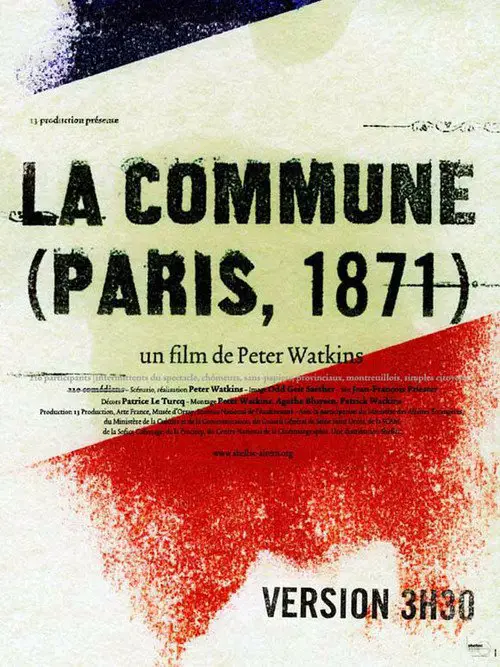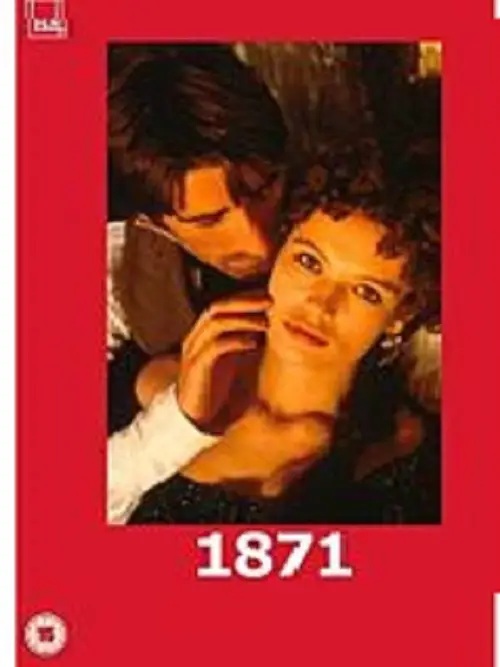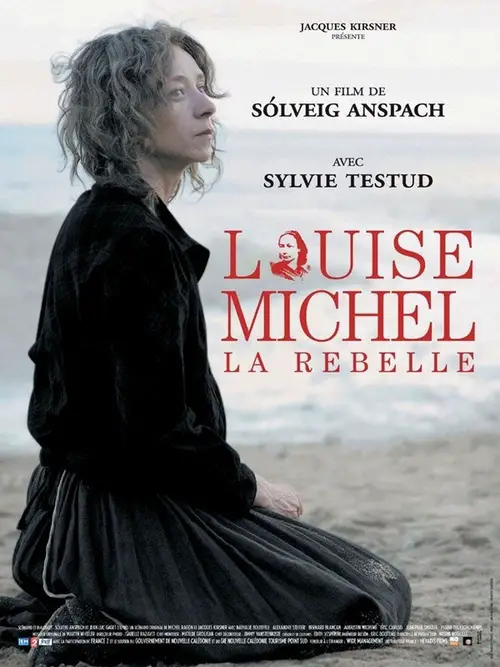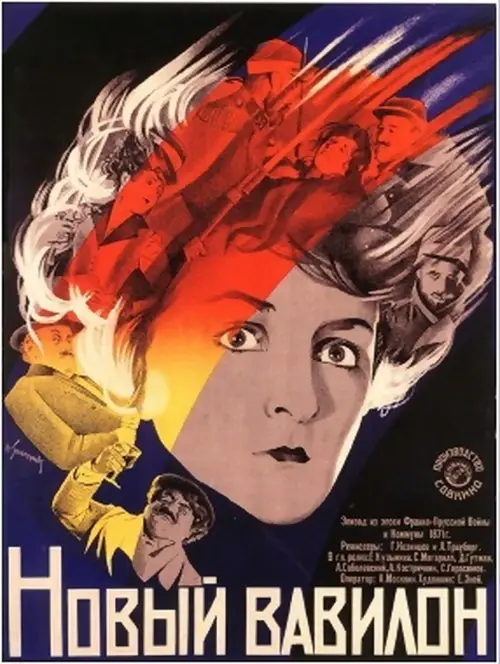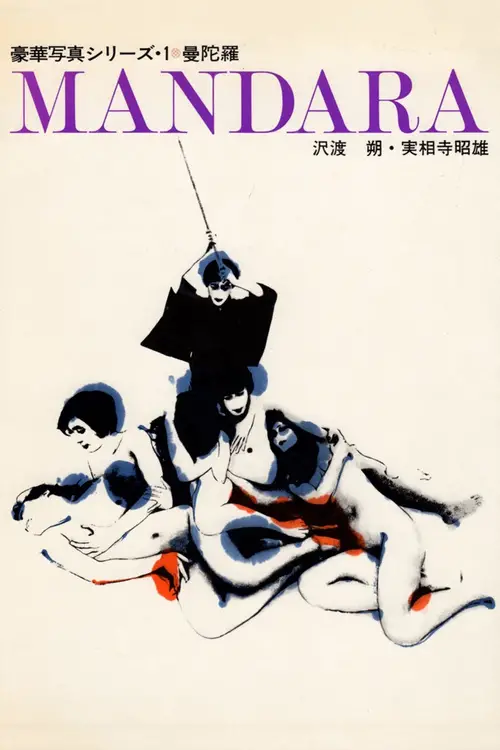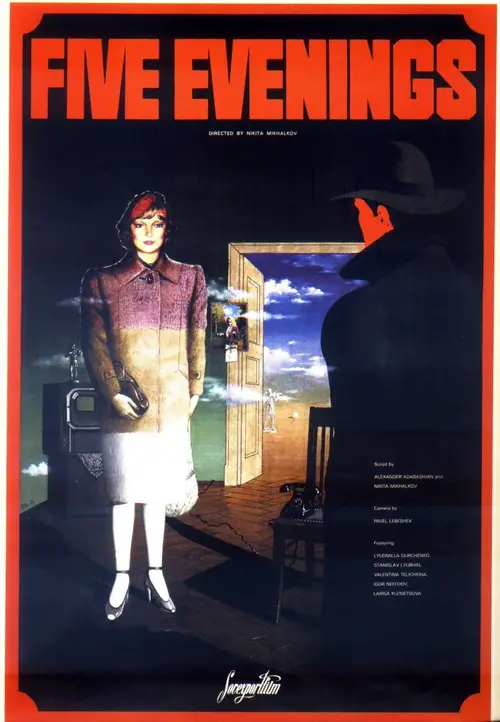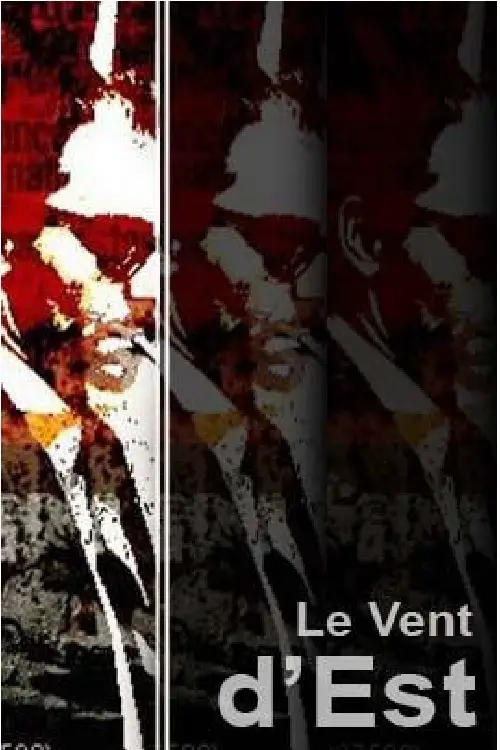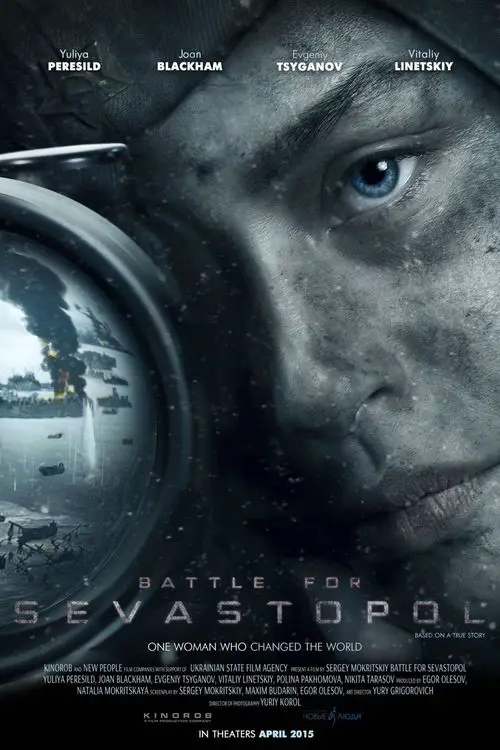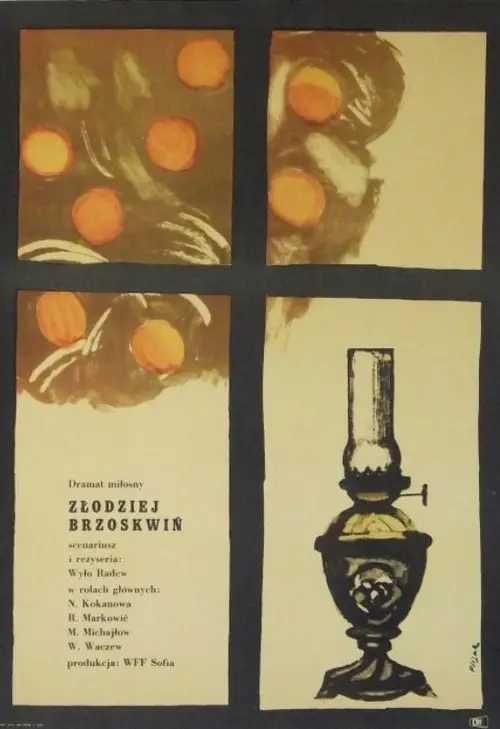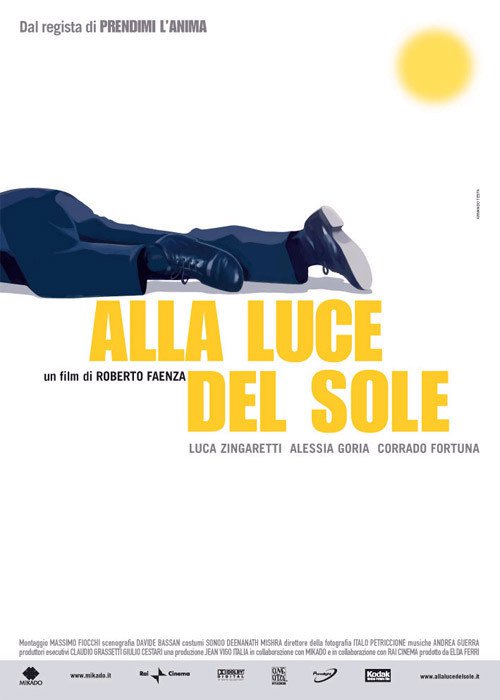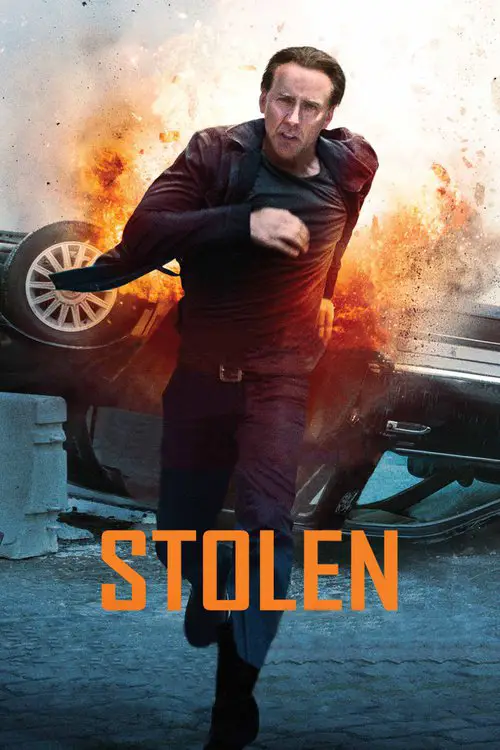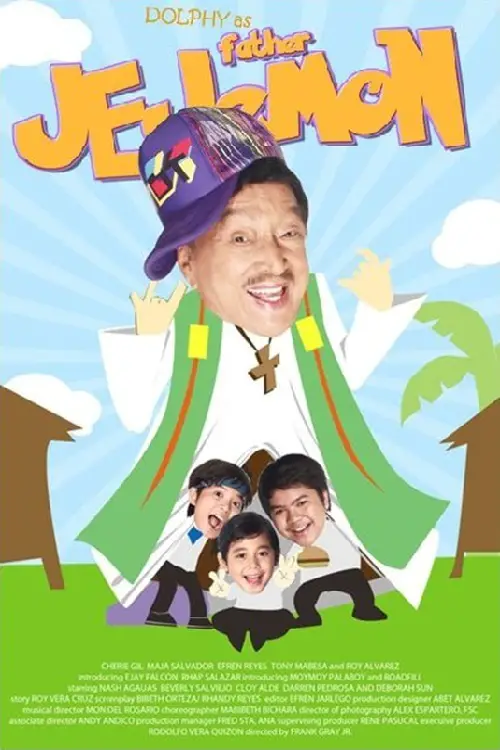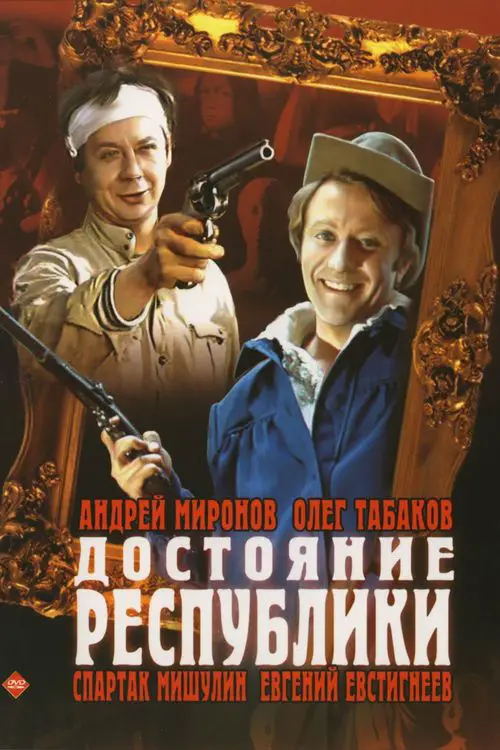Komunaris chibukhi (1929)
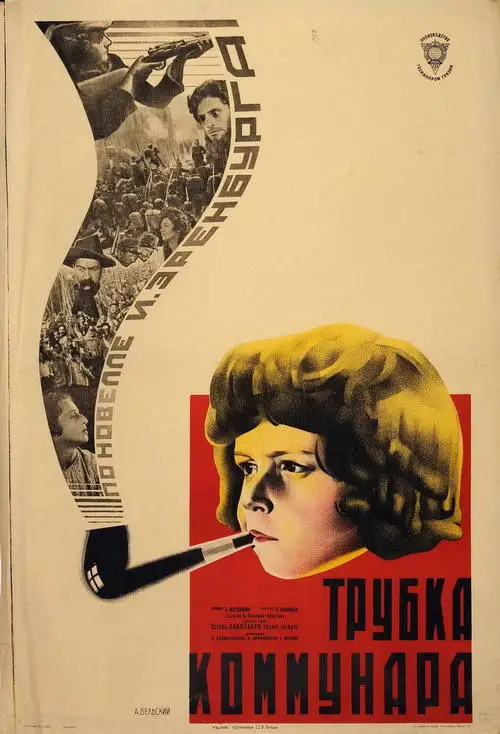
Similar movies
We are in the year 1871. A journalist for Versailles Television broadcasts a soothing and official view of events while a Commune television is set up to provide the perspectives of the Paris rebels. On a stage-like set, more than 200 actors interpret characters of the Commune, especially the Popincourt neighbourhood in the XIth arrondissement. They voice their own thoughts and feelings concerning the social and political reforms. The scenes consist mainly of long camera takes.
Wind From the East is a product of Jean-Luc Godard's involvement, during the late 60s and early 70s, with a collective filmmaking experiment known as the Dziga Vertov Group. The film is, typically of the films he made during this period, about ideas and simultaneously about how best to express those ideas through the medium of film. The film deals with the situation of a strike and, during its first half, methodically analyzes the different components of the strike: the workers, the radical students who encourage the strike while not quite being able to communicate in the same terms as the workers, the union delegates and other middlemen who preach moderation and compromise, the employers who demand the immediate resumption of work, the police state that suppresses the strike on behalf of capitalism.
The breakout of the war shatters the world of a young student, Lyudmila Pavlichenko, forcing her to enlist in the army in 1941. The maiden turns out to be a natural-born sniper, her impressive skill and prowess make her stand out among men and women alike. Seeing Pavlichenko as a tangible threat, the German High Command gives orders to eliminate the girl whatever the cost. In the meanwhile, Lyudmila meets a man and falls in love. War fades into the background... Soon, however, another misfortune befalls Lyudmila leaving the man she loves on the brink of death and herself seriously wounded. The girl is pulled out of combat and later goes to the United States with a publicity visit. Eleanor Roosevelt welcomes Lyudmila in the White House and the two women soon become close. It won't be long before Pavlichenko stands before an audience in Chicago pressing for a second front. Will her words have the capacity to change the course of war?
A priest (Zingaretti - Inspector Montalbano) attends his new parish only to find the church empty, the locals uninterested and their children rude and abusive. He very gently sets about winning over first the children by providing them with a place to play and learn and then works on their parents. The church slowly becomes the focal point of the community and rapidly ends up full with standing room only. But...
Father Jeremiah Jerome Montes has been asked by his old friend Father Baby to help him run the parish of Parmbil. Father Jejemon, as heâs known, has a knack for connecting with the young people of the community. But as soon as he gets there, he only encounters resistance. Father Babyâs sister Violetta doesnât seem too keen on Father Jejemon running things. Worse yet, the ruthless businessman who owns the town has his sights on demolishing the Church in order to make way for a golf course. But Father Jejemon soldiers on, helping people out and showing them a new way to do things.
© Valossa 2015–2026
| Privacy Policy
